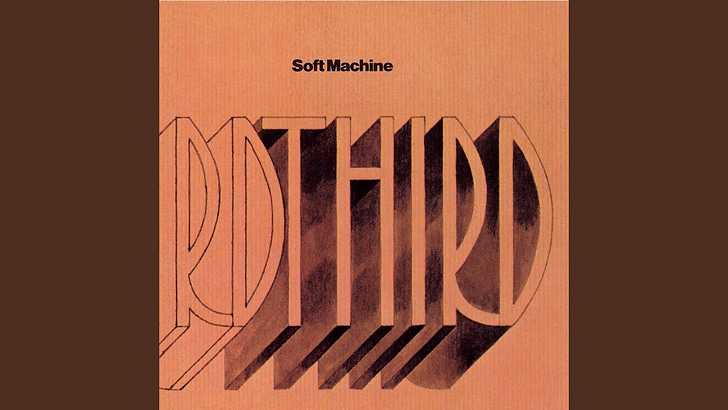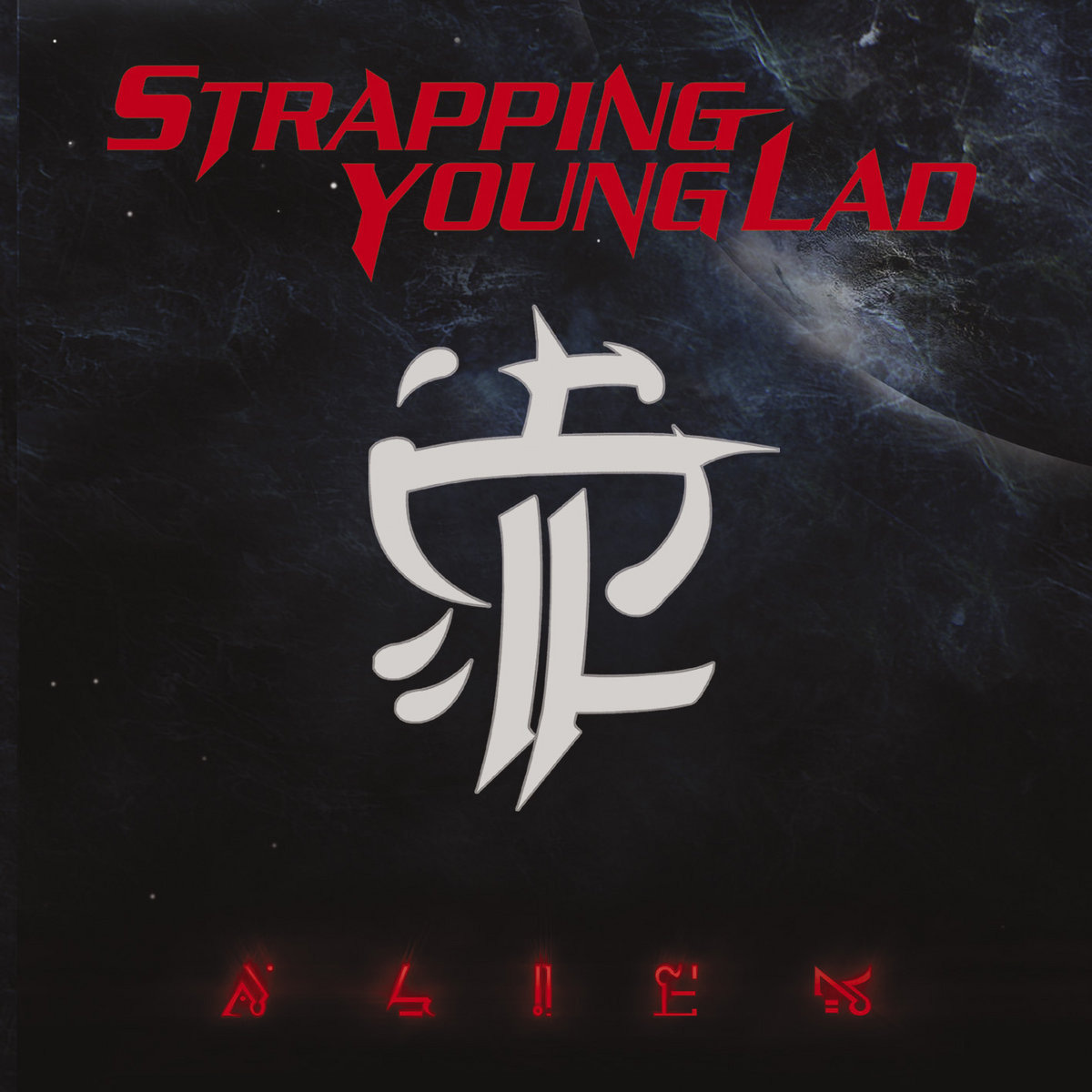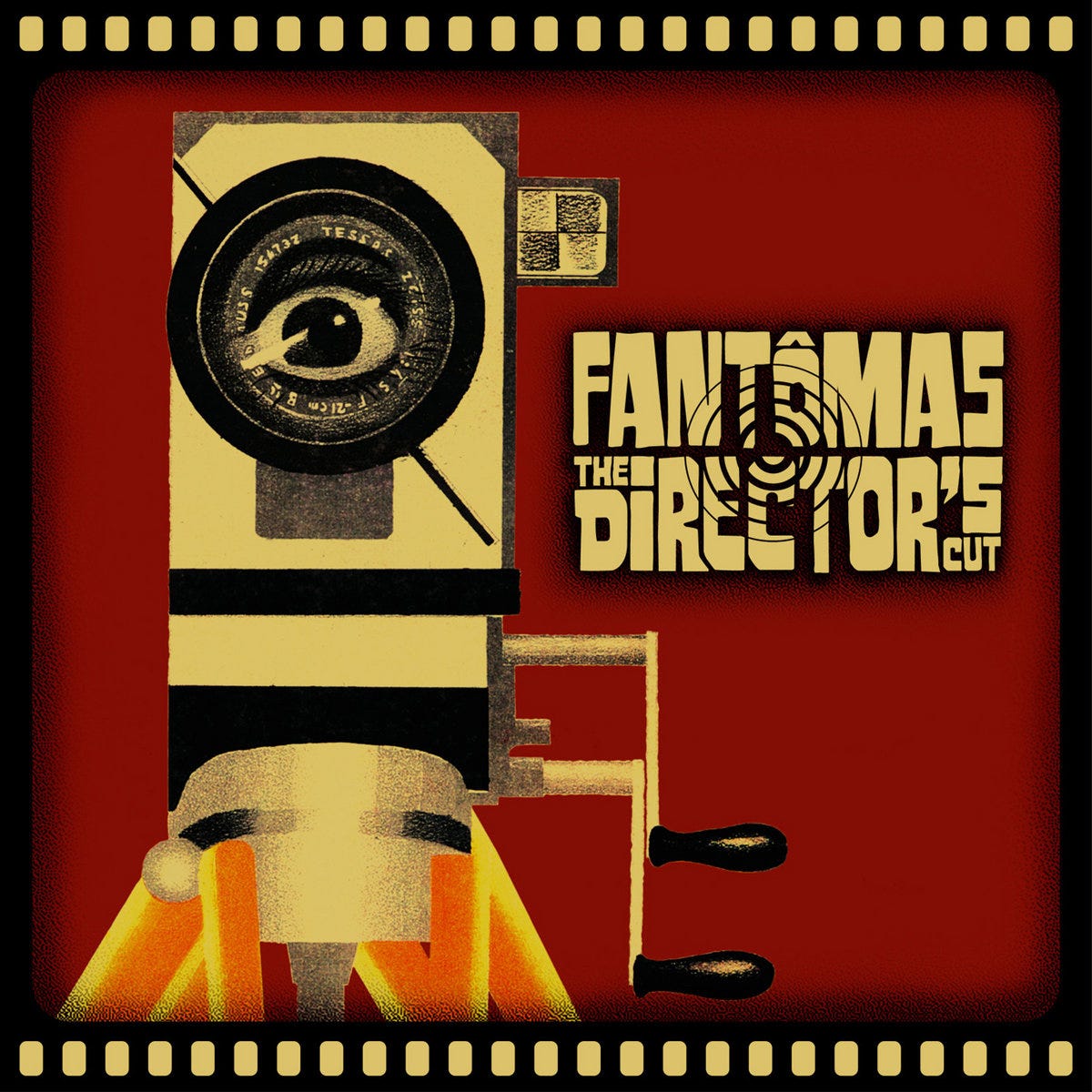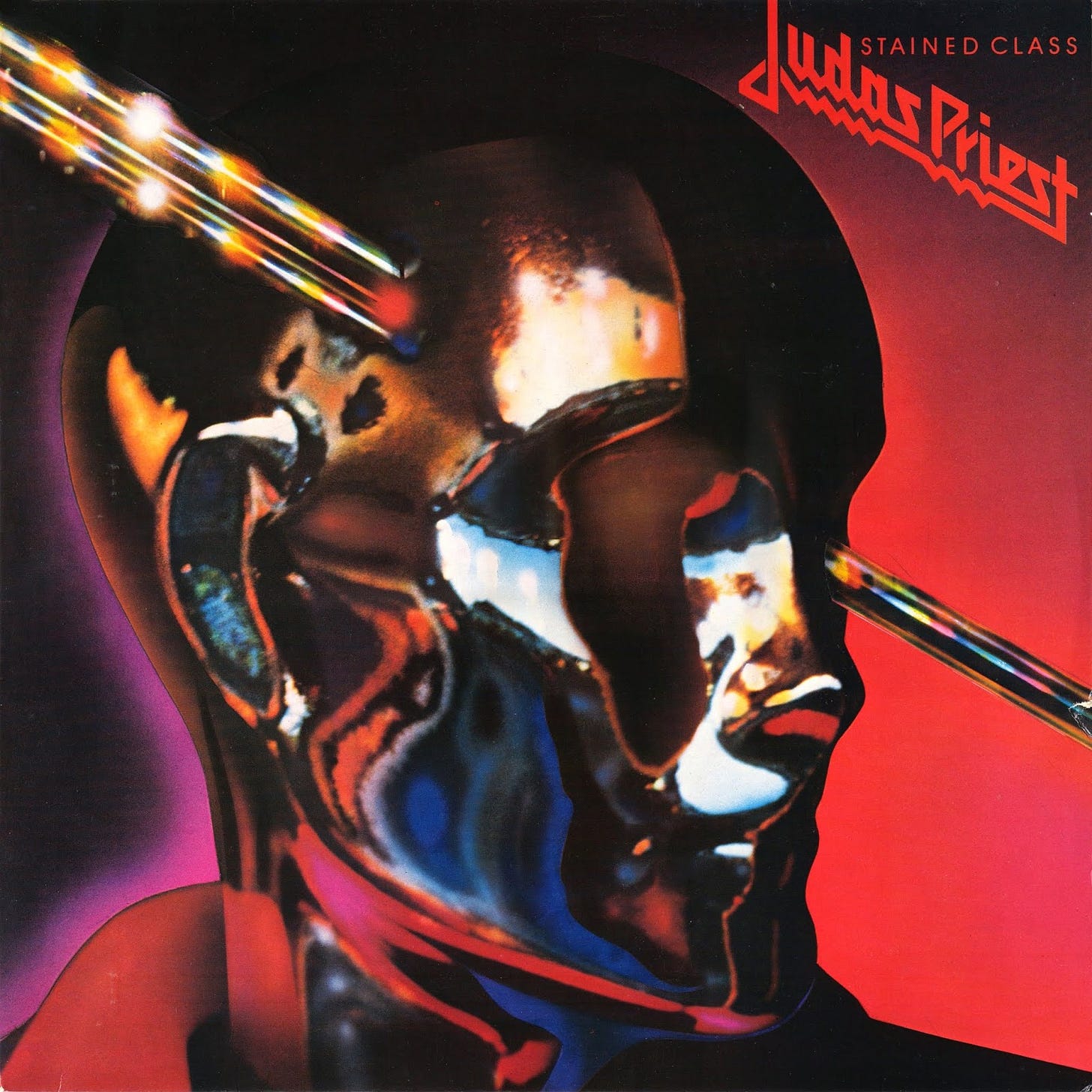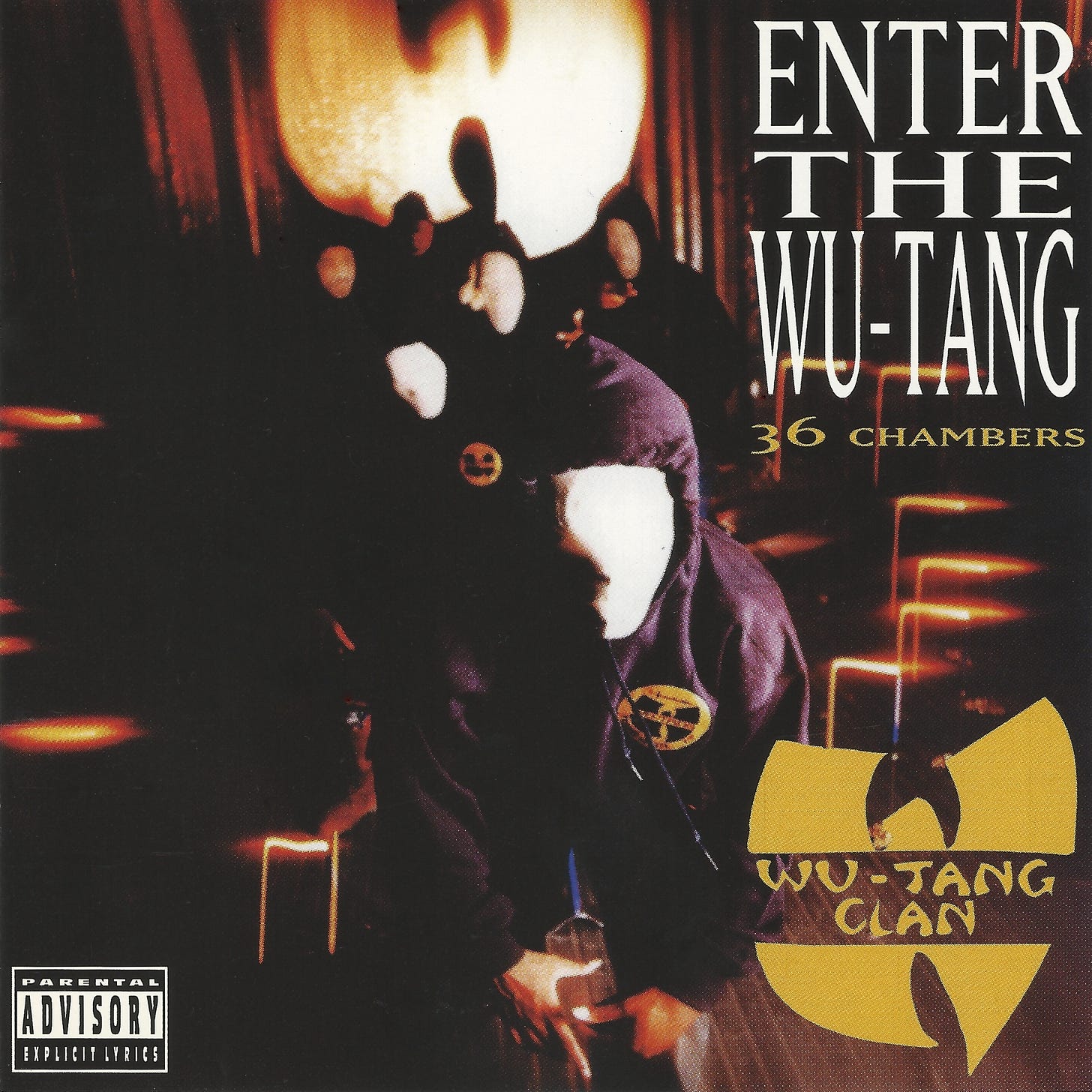Since moving into the new apartment and picking up consistent shifts at my new job I’ve been blessed with a routine and predictable commute again. This has done wonders for my reading time. My commute consists of a twenty five minute bus ride and a twelve minute walk. Heading to work the bus takes me all the way to the western edge of the city. Once I leave the bus, I cross exactly one street and without warning step out of Chicago and into Oak Park. No signage, no obvious demarcation, just *poof* you’re in a new place. Utterly mundane, completely surreal.
The first book I finished on my new commute was China Miéville’s The City & The City, a murder mystery concerned with a similar phenomenon. The novel is set in two fictional cities somewhere in the range of Eastern Europe to Central Asia so tightly intertwined that their borders are only maintained by their citizens consciously “unseeing” the presence of their neighbors on the other side. The premise is a trip to wrap your head around and gives the story the texture of a science fiction novel despite otherwise being recognizably a story set in our 21st century reality. The genius of this concept is that it’s so woven into the everyday lives of the characters and the beats of the story that you have to actively consider real world examples in order to make sense of the plot. The book forces you to think about the world in a new way.
The barrier between Chicago and Oak Park is nowhere near as dramatic or brain-breaking as the one between Beszel and Ul Qoma. You don’t get scooped away by mysterious agents if you cross incorrectly, though I do see Oak Park Cop Cars idling on their side of the street frequently. However, it isn’t hard to feel an implied psychic barrier between the city and the suburb. Travel more than one block in either direction of the crossing and you’d guess that the two municipalities were miles apart. On one side, suburban houses with lawns populated with political signs and college pride. On the other, apartment buildings interspersed with small businesses. You can sense as you cross over the difference in the way money is allocated and who its collected from. In such close proximity though the bureaucratic differences feel entirely arbitrary. At one corner where the cops often twiddle their thumbs a fancy sports bar that seems to only show college basketball when I pass it sits diagonally across from a Church’s Chicken that does brisk business but has clearly seen better days. I wonder whether patrons at the former try and “unsee” their neighbors across the street in order to assure themselves that they live in the quiet safety of the suburbs instead of the messiness of the big city next door.
As I read The City & The City I conjured up other psychological borders from my memory. I recalled how on the last Bellows tour we ate dinner at a restaurant located at a similar juncture between Washington D.C. and a Maryland suburb. I recalled how on on earlier tours while driving into El Paso, TX we could see just over the highway into Juarez on the other side of the Mexican border. From a top-down satellite perspective the two areas look identical. There’s nothing about the dirt on one side of the fence that marks it as the property of one country or the other. And yet the cities themselves palpably look like they belong in two different worlds. In order to preserve the sense of being in one place you have to let the other fade into an impossible distance.
Really though, and I apologize for being such a homer, New York City is the best example. New Yorkers “unsee” stuff all the time. Chicago’s divisions are all orderly and locked on a grid. NYC on the other hand feels like seven different cities layered over each other. Filtering out information is a matter of necessity. It’d be too much to think about at once. This habit of “unseeing” operates maliciously at times, as when people phase out some in mental distress on the subway, but it can be bent toward solidarity too, like dutifully ignoring someone passing through the accessible door that just happens to be open. To acknowledge a turnstile jumper would be to criminalize them. We unsee to give strangers privacy, and also to preserve our own. At every scale unseeing protects a psychological border.
I have to cut the letter short, dogs to walk. I’m going to keep thinking about Chicago and the effect of its design on my experience returning to it. Have a good weekend, here are some tunes.
~ ~ ~ ~ ~ Listening Diary ~ ~ ~ ~ ~
Here are five songs that I enjoyed listening to recently! You can find a Spotify playlist with all of this year’s tracks here, updated with a new song every Monday-Friday.
“Out-Bloody Rageous” by Soft Machine (Third, 1970)
This week’s installment of “Bands Discussed At Ferrn Practice”. Third has sat on my queue for over a year, but after Ryan played some tracks from a different Soft Machine record while we were setting up I made a mental note to bump it to the top of the pile. Boy howdy am I glad that I did! This is some incredible stuff, nestled so firmly between the traditions of progressive rock and jazz fusion that it obliterates the distinction between them.
“The Whore of Babylon” by Pan Sonic (The Fire This Time, 2002)
This record is an audio documentary about the first Gulf War set to turn of the century electronica, released just in time for a second disastrous American invasion of Iraq. The whole thing is 00s as heck. If a similar project were put together today it’d likely be a podcast or a feature length YouTube video essay. Does it *need* to be an album? Probably not, but the beats do make the gruesome details go down a little easier. Here’s the best example of the spoken word editing and music working in tandem, where the word “SKUD” is repeated so often it becomes a rhythm of its own.
“We Are A Fisherman Band” by SHIBUSASHIRAZU (Shibuki, 2007)
Absolutely burning funk rock about working hard and playing harder. I haven’t double checked to see whether they’re telling the truth about being a band of fishermen, but god I hope they are. “Everyday fishing, sometimes music”. Sounds like an awesome life, especially if they have enough time to get this tight. Every union should form a band, every band should form a union.
“Magnolia” by Deafheaven (Lonely People With Power, 2025)
When my buddy Alex and I saw Deafheaven on the Sunbather 10th anniversary in 2023 lead singer George Clarke closed by saying that the band would be back with new, heavy music soon. All due respect to the band for trying something different on their metal-less Infinite Granite, but this is what the streets need. Not only are the riffs and blasts back, and not only is this the shortest heavy tune of Deafheaven’s career, but I believe it’s also their first with an odd time signature. Another win for Progmatism.
“/////////////////////////////////////////////////////////5” by YAYAYI (YAYAYI, 2013)
A gorgeous remix of “1st Of Tha Month” from a South Korean producer. I know this makes me sound like I’m wearing proscription rose-colored glasses, but experimental electronic music from the early 2010s is far more legible to me than similar kinds of music from other eras. I don’t know if that’s so much a matter of taste as it is a kind of generational expertise, an understanding of the landscape and available moves in the era that can only come from being a certain age at a certain time. Anyway, beautiful track.
\ \ \ \ \ Micro Reviews / / / / /
Here are five micro reviews of albums from my vast Rate Your Music catalog. Long time Lamniformes Instagram followers will recognize these from my stories, however they’ve been re-edited and spruced up with links so that you can actually hear the music instead of just taking my word for it.
Alien by Strapping Young Lad (2005) - Industrial Metal
Devin Townsend’s “lord forgive me, but it’s time to go back to tha old me” record. Townsend went so far as to go off his meds to recapture the intensity of his younger self, a move that I thought was badass as a teen but now strikes me as wildly irresponsible! Almost feels like over-agreement to metal’s need for all extremity all the time, although Townsend and co. are too good at writing fun songs to make that explicitly feel like the point. Gene Hoglan delivers yet ANOTHER all time drum performance, this time highlighting his deep pocket as well as his nutso foot speed. An album that I feel a bit morally queasy about, but I can’t deny its power.
The Director’s Cut by Fantômas (2001) - Metal
Mike Patton and co. play a bunch of movie themes as goofy metal tunes. This album was as much a “to-watch” list as it was enjoyable to listen to. Fantômas hardly give these tunes a respectful rework, singing fake Latin over a thrash metal cover of “The Omen” for example, but you can tell they put a lot of work into making the songs fun, and they succeeded! The admittedly gimmicky premise tightens up Patton’s more excessive impulses into the right amount of nonsense. Puts a smile on my face.
Stained Class by Judas Priest (1978) - Heavy Metal
My first Priest record, and one that I didn’t appreciate until I heard the rest of their catalog. Class has the perfect blend of each other era of Priest; operatic heavy metal, down-and-dirty bar rock, and far out 60s psychedelia a generation removed, all in equal and appropriate proportion. This record’s reputation precedes it re: Tipper Gore era moral panic. One way or another you have to feel something about Judas Priest.
Enter The Wu-Tang (36 Chambers) by Wu-Tang Clan (1993) - Rap
One of the first rap albums that really clicked with me, which, look, I’m a white rock musician in his 30s, I’m aware that I’m a type. Art as marketing/marketing as art. Makes its own myth. Listening to it for the first time feels like joining a story in medias res and getting in on the ground floor simultaneously. What strikes me now, listening for the first time in years, is that every beat on this album is great, musty dusty broken down and raw, and that everyone sounds so young. Ghostface for example is miles away from the dense wordplay of his peak solo period. Great album, justified classic.
Slow Riot for New Zero Kanada by Godspeed You! Black Emperor (1999) - Post-Rock
A two track EP, practically a sampler of Godspeed’s style and ethos compared to their sprawling full lengths. The first release where they really lean into the build-up and explode sound most people associate with post rock, first organized instrumentally and then around a sampled interview with a Rhode Island open mic poet. The music is gorgeous throughout, a million bad ripoffs can’t diminish GYBE’s raw emotional power, but the interview segments are harder to parse. The band are certainly sympathetic to the broad strokes of the guy’s anti-authoritarian pessimism, but by scoring his bad poetry and complaints about parking tickets with such grandiose music they can’t help but make him sound faintly ridiculous. Not sure what the ethics are of serving up a disgruntled local to a global audience in the name of post rock profundity. That said, his “ready as I’ll ever be” gives me goosebumps.

